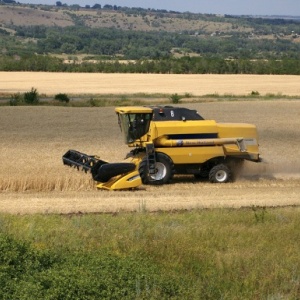
This paper asks the question “Can agriculture be sustainable?” It argues that, if we want to take a different path, we will have to make the choice to do so. It emphasises that we need to be clear that we have choices - options that need to be debated rather than subsumed in a dialogue of crisis and food shortages. The paper outlines some of these options in order to pursue a more sustainable pathway.
Ultimately the authors argue that we should move to a new paradigm “where ecological sustainability constitutes the entry point for all agricultural development. If we embraced this new paradigm, sustainable governance and management of ecosystems, natural resources and earth system processes at large would provide the basis for practical solutions to intensification of agriculture and deliver the huge increase in food production required by a global population of nine billion. Such a paradigm could reposition world agriculture from its current role as the world’s single largest driver of global environmental change, to becoming a critical part of a world transition to a safe operating space on our planet.”
Abstract
The way we grow and consume food is changing both landscapes and societies globally. The constraints and challenges we face in meeting the anticipated large increase in global food demand out to 2050 are examined to show that while they present significant difficulties on many fronts, we have a large range of choices in the way this food demand might be met. Meeting this future food demand has frequently been articulated as a crisis of supply alone by some dominant institutions and individuals with prior ideological commitments to a particular framing of the food security issue. Our analysis indicates that the crisis can be avoided by the choices we make. The food security debate will be enriched by a rigorous evaluation of all these choices and recognition that the eventual solution will reside in a mixture of these choices. We could shift from our current paradigm of productivity enhancement while reducing environmental impacts, to a paradigm where ecological sustainability constitutes the entry point for all agricultural development. If we embraced this new paradigm, sustainable governance and management of ecosystems, natural resources and earth system processes at large, could provide the framework for practical solutions towards an intensification of agriculture. Such a paradigm shift could reposition world food production from its current role as the world’s single largest driver of global environmental change, to becoming a critical part of a world transition to work within the boundaries of the safe operating space for humanity with respect to the planet’s biophysical processes and functions.
Citation
McKenzie, F. C., Williams, J., 2015, Sustainable food production: constraints, challenges and choices by 2050, Food Security, DOI 10.1007/s12571-015-0441-1
Read the full paper here.







Post a new comment »